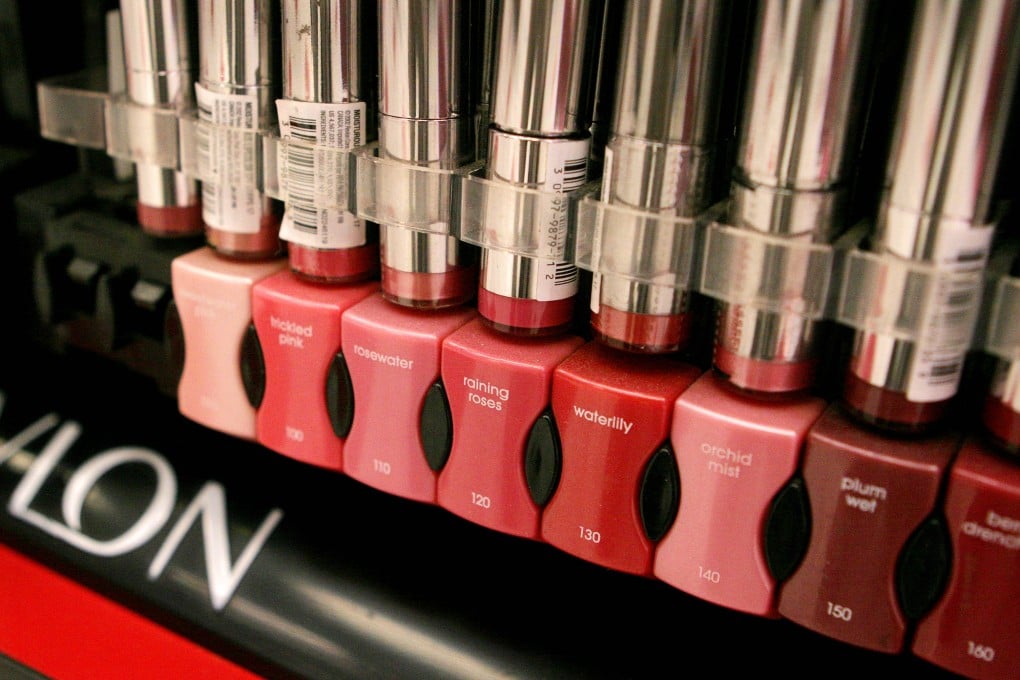Revlon exits China as sales fall despite booming cosmetics market
Cosmetics maker hopes to save US$11m a year fromthe restructuring

Revlon plans to exit the China market, where sales of its cosmetics have been falling, and cut more than 1,000 jobs as part of a restructuring designed to save about US$11 million a year.

Revlon said it would cut 1,100 positions, mainly in China, including 940 beauty advisers retained through a third-party agency. It had 5,100 employees at the end of 2012.
Shares in the company, which have risen nearly 70 per cent this year, fell marginally on the New York Stock Exchange after the announcement.
The Chinese cosmetics market more than doubled between 2008 and 2012 to US$22.8 billion, according to a report in March by Fung Group that cited the National Bureau of Statistics.
But China is also a complex market that can bedevil foreign companies.